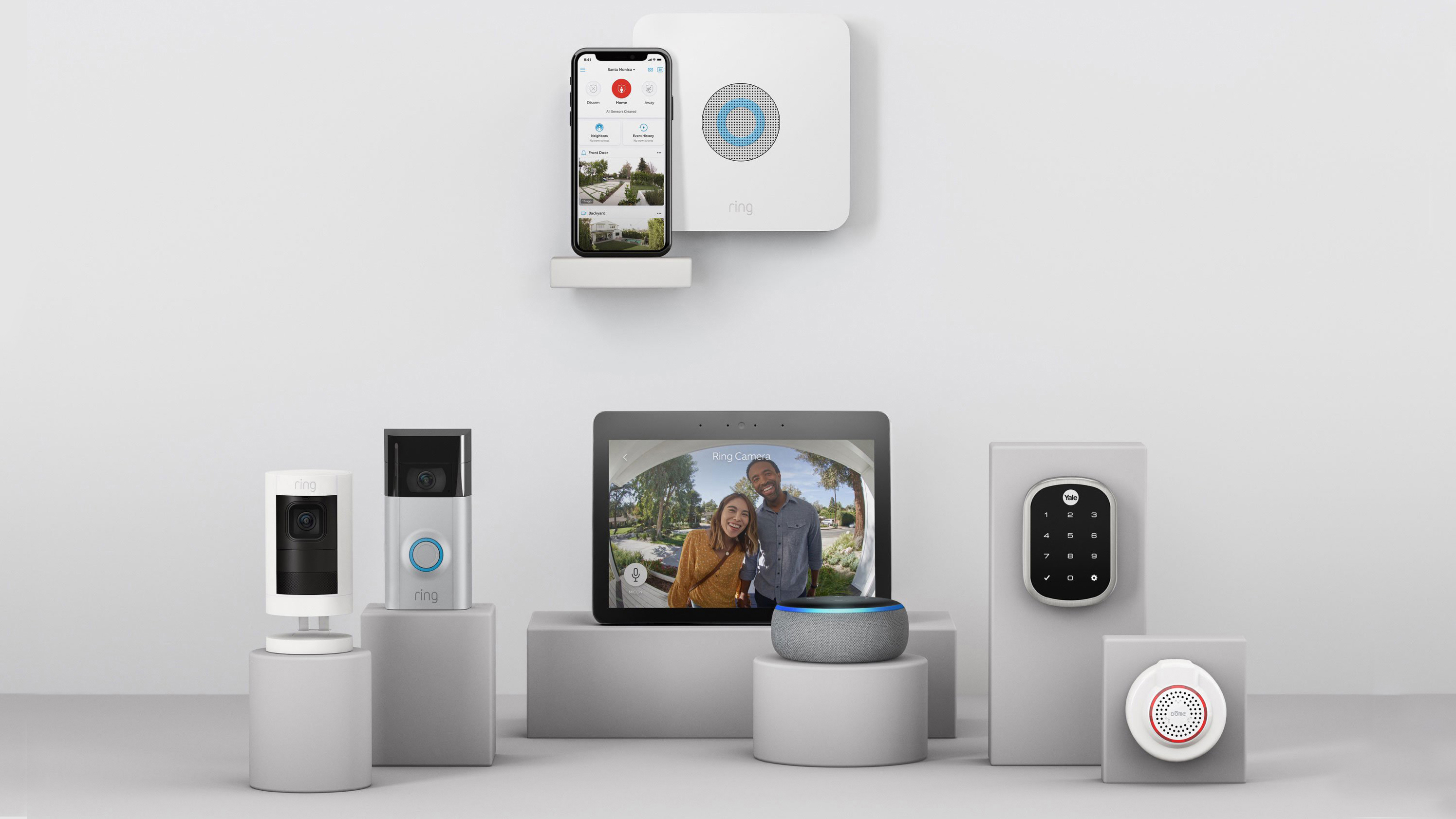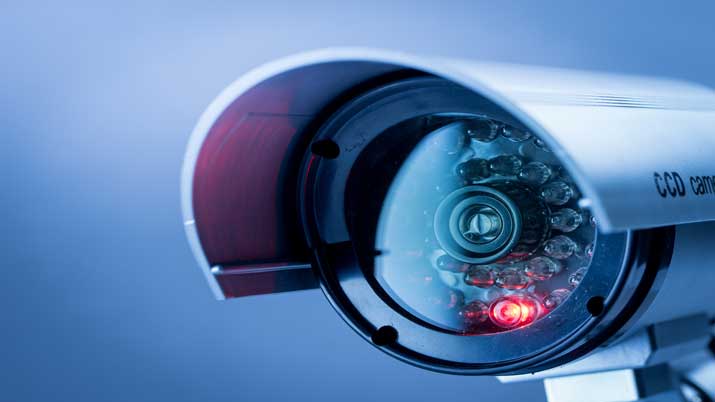Are fake security cameras a good idea? Let's be clear - there's no substitute for a fully functional security camera, or at the very least a smart doorbell or smart home camera. If you are in any way concerned about the security of your home, business, or any other property you own, then we strongly recommend you buy a proper security camera that records actual footage you can use in the event of a crime or criminal damage. We have a complete guide to the best outdoor security cameras, if you need help with this. So, are fake cameras a good idea? No.
However, if you're not seriously concerned with security, and perhaps want to stop neighborhood kids messing with your garbage cans, or stop people stealing your plat pots, then a fake camera might provide a solution. They will deter some petty criminals some of the time, and may reduce improvised vandalism on your property. Then again, they may not, and if they don't work you've wasted your time and money installing them.
Modern exterior security cameras are relatively inexpensive - you can get a Ring Camera with loads of security features for less than $200 at Amazon, and some off-brand cameras run as low as $50-70. If you live in an apartment block and want to keep an eye on activity inside your building, you could even choose an internal option from our pick of the best wireless security cameras.
Pros and many cons of fake security cameras
Let's start with the limited pros. In some instances, they act as good deterrents, especially to petty thieves. Secondly, they come at a slightly lower cost relative to real security cameras. You, therefore, manage to maybe discourage some thieves and burglars, but at a slightly lower cost. Such praise.
Now for the cons. It is easy for an experienced thief to tell a real camera from a fake one, at a glance. This is especially true if you buy cheap dummy security cameras to save money. Good fake cameras have a higher chance of fooling rogues and scoundrels. This is because high-quality fake cameras have all the outward features of a real camera, including a realistic lens, as well as power and video feed lines going back into the house. But if you're going to spend money on one of these... why not get a real one?
Another disadvantage of fake surveillance cameras is that they will be useless in the event of a break-in, as they cannot record anything or alert you to a crime, like all real security cameras. That's a large downside.

Are fake cameras ever a good idea?
You should use fake security cameras only when the possibility of a break-in is very, very low and you wouldn't be too concerned if your goods were stolen. An example of this is a safe neighborhood with minimal cases of home thefts, which likely doesn't need security cameras anyway. You can also use dummy cameras when petty crimes are the only ones that occur in your area, and you don't mind taking the risk.
You can also install fake security cameras in areas of your home where you do not need strict monitoring. Examples of this include the garden and some areas inside the house, like the garage.
Could you combine fake and real security cameras?
It is always best to have real cameras. If this is not possible, an uncomfortable alternative is to combine fake and real security cameras. You can position your real cameras in areas such as the gate, the entranceway, the front door and the front yard. You might also want to install dummy cameras in the garden, certain areas in the backyard, and along low-traffic paths. It is important to ensure that the dummy cameras blend in well with the fake ones to avoid detection.
However, many companies sell security cameras in packs of three or four units, to save you money, so you have to really be on a budget to consider combining fake and real ones. Overall, we strongly recommend using real cameras if you are in any way concerned about security.

